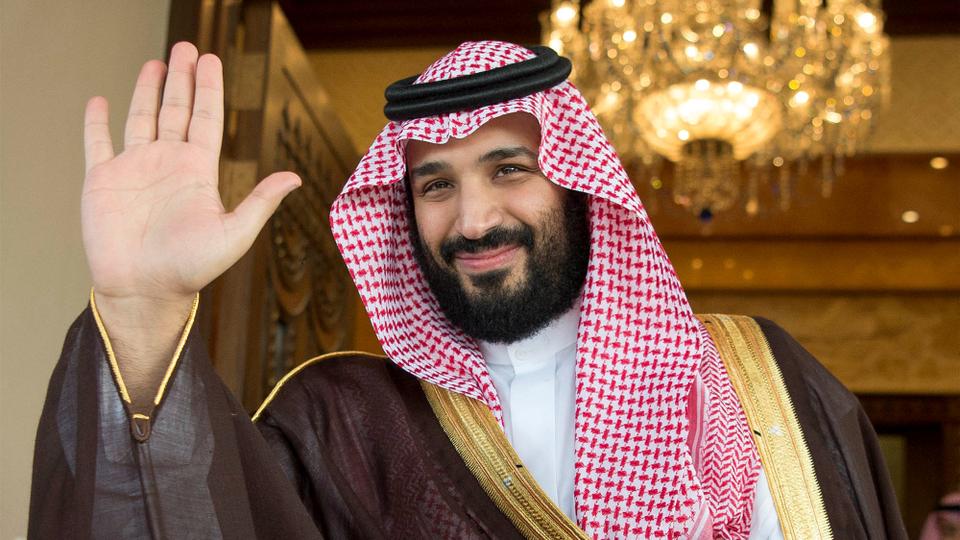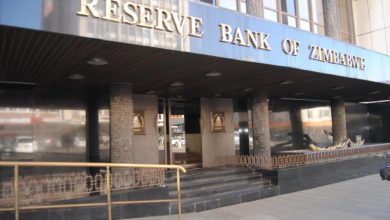BRICS – Upsetting the world order?
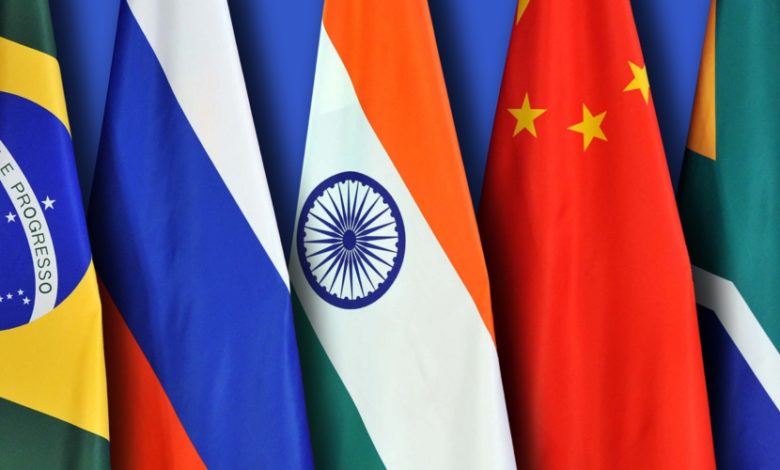
Our world is a complex place and the story of how and why BRICS could end up upsetting the world order is not a straight forward one. Ever since Russia invaded Ukraine, the US and its NATO allies have supported Ukraine with billions of dollars in military equipment and pressured much of the world to pick a side between Russia and the collective West. The European Union opened its borders to Ukrainian refugees and along with the US, has implemented a regime of hard-hitting sanctions on Russia, although some of those sanctions have famously boomeranged on Europe. One very significant move was the freezing of Russian assets held in the United States and in Europe, reported at hundreds of billions of American dollars. Further, Russia was excluded from SWIFT, the switch through which banks facilitate funds transfers globally. This heavily restricted Russia’s ability to continue taking part in global trade, forcing the country to take tough economic protective measures such as hiking interest rates and imposing capital controls. Because Russia is a major supplier of Europe’s energy needs, it responded by requiring what it called “unfriendly” countries to pay for Russian energy in Rubles. This created demand for the Russian currency and helped the Ruble, which had slumped against major currencies, to rebound to pre-conflict levels and in some cases, even stronger. Secondly, the move helped President Vladmir Putin, circumvent the US dollar restrictions that had come with the new sanctions and exclusion from SWIFT.
But the decision taken by the United States to freeze Russian assets and to have it removed from the SWIFT system, spooked many around the globe. Today it is Russia and tomorrow it could be any other country in the world once you run afoul with the US. It rekindled a conversation that lingered on the backs of the minds of many world leaders. Among them, the ASEAN and BRICS nations. Should the global financial system continue to rely so heavily on the United States Dollar? Should international trade continue to be so dependent on settlements in greenbacks? Realising the risk, many nations sprung to action. It is true that although international trade continues to be disproportionately dominated by the USD, the position of the dollar as a global reserve currency had already been in decline over the last two decades, from about 75% 20 years ago, to less than 60% this year. The US and EU response to the conflict in Eastern Europe inevitably accelerated the de-dollarisation of the world’s financial systems.
Jitters inside ASEAN
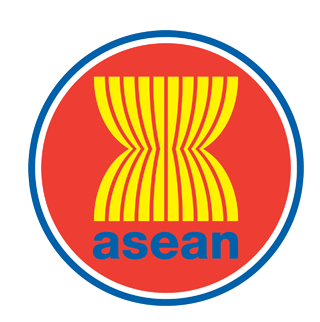
The Association of South East Asian Nations, (ASEAN), is a group of 10 countries which among other declared aims, collaborates economically, technically, administratively and in areas of international trade. ASEAN is a significant influencer on the world stage, strategically situated in an area that accounts for 17% of the global ship liner routes and is home to a combined population of 1.358 billion people, with a collective GDP of US$7.8 trillion. Although known to be typically diplomatic in their approach, even ASEAN appears to be reaching the end of their tether with American hegemony. At a recent conference in Singapore, former member country officials spoke about the dangers of the weaponisation of the world’s reserve currency through unilateral coercive measures imposed by the United States on other countries. Directly referencing the war in Ukraine and the punishing consequences meted out to Russia, they warned that such actions could only lead to the emergence of alternative payment mechanisms – an idea that has been floated for ASEAN. However, due to the disparate nature of the economies making up ASEAN, integrating into a single currency for the grouping will not be easy, but already, five ASEAN member states, Indonesia, Malaysia, Thailand, the Philippines and Singapore, have signed a Memorandum of Understanding, establishing cross border payments among the five countries in their own currencies. During the signing ceremony, Indonesian’s central bank governor Perry Warjiyo said regional connectivity would work on the basis of a Quick Response (QR) code and that since settlements would be done in local currencies, there would be no need to convert the transactions to US dollars. This was just one early step towards a more multipolar global financial system, with more to come, whilst additional plans for further integrations within the group and beyond were discussed and reported more fully in the Bangkok Post. But the overarching message is clear, countries are desperately working to free themselves from US dollar hegemony which George Yeo, former Foreign Minister of Singapore called “a hex on all of us.”
BRICS could change the game
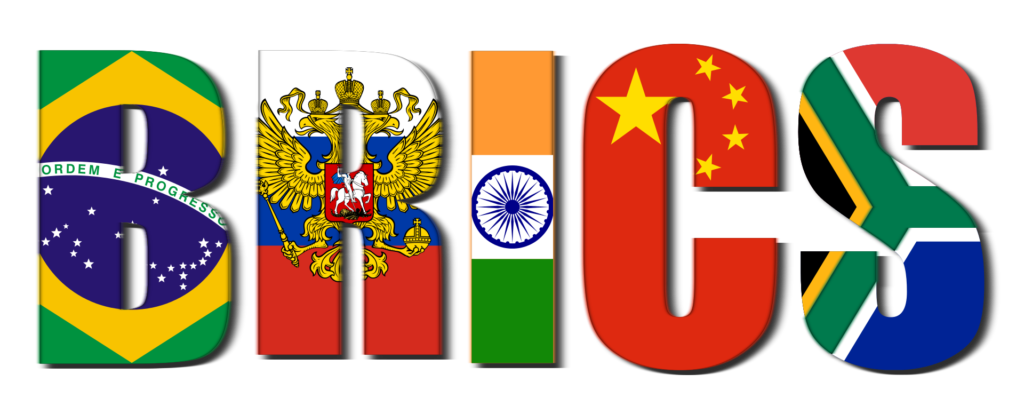
But BRICS poses an even bigger threat to the unipolar system fronted by the Americans with the support of their Western allies. BRICS is an acronym for a grouping of five emerging economy countries making up about 41% of the world’s population, and with a combined GDP of US$24 trillion. The five countries, Brazil, Russia, India, China and South Africa, also have very good military capabilities and most of them are nuclear powers. China and Russia both have a long-standing rivalry with the United States, and consequently, with NATO and the European Union. The two countries have also long been keen to reconfigure the balance of power to establish a multipolar system where they each have significant influence. However, with the might of the West bearing down on them, they did not, individually or as allies, have adequate muscle to cause the desired powershift. But with the combined power they have with their BRICS partners, they form a large enough economic and political power bloc to begin to be a formation of concern to Western powers. Russia and China especially, are nearly as resource hungry as Western countries, and both want to make inroads into Africa to tap into the continent’s vast, and yet underexploited resources like lithium, cobalt, coltan, platinum group metals, chrome, gold and many others needed for modern technology. With the inclusion of South Africa into the alliance in 2010 at the invitation of China’s Hu Jintao, China had made a major inroad into African alliance which obviously worries Europe and the United States because this gives China and Russia better access to the continent than Western powers. The New Development Bank and China’s Belt and Road Initiative are new vehicles through which BRICS and China respectively, plan to rival the traditional Bretton Woods institutions as sources of development funding for poor countries and perhaps also ensnare these countries into siding with BRICS objectives in international affairs. This debt trap model is quite similar to how Western lenders have basically kept poorer countries on a leash for several decades creating opportunities for rich countries to access resources at the cheap in return for more loans and development aid.
Whereas China and Russia are engaging African leaders as partners, the West has always adopted a big brother relationship with Africa which many continental leaders despised, but put up with for a long time for lack of alternative partnerships. This is now changing, and it is clear from the tone that the African Union has recently started taking when dealing with international matters. They are increasingly finding their own voice. They are talking about their interests and making it clear that Africa’s interests do not always align with those of the West, or the East for that matter. Africa has its own objectives which it will pursue for its own benefit. Presidents Paul Kagame in Rwanda, Nana Akufo-Addo in Ghana and Macky Sall in Senegal who was also Africa Union Chair when the Russia-Ukraine war started, are some of the leading voices for Africa in this regard.
Enter Saudi Arabia
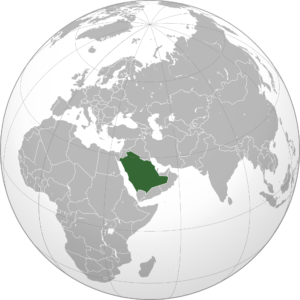
What is more, BRICS has caught the attention of other emerging economies that see benefit in aligning themselves with it. For example, Saudi Arabia and the United States have a decades long cooperation agreement where the US provides defense assistance to the kingdom in exchange for a steady supply of petroleum priced exclusively in American Dollars, as well as for political support for US foreign policy around the world. However, Saudi Arabia, which lately appears to be moving to slowly decouple itself from the United States, has expressed interest in joining the BRICS bloc as revealed by South African President Cyril Ramaphosa after his return from the kingdom’s capital, Riyadh. The Saudis have even gone as far as saying they are open to conducting oil sales in other currencies alongside the US dollar, a specific reference to China’s overtures to be allowed to make oil purchases in Chinese Renminbi. This announcement by the Saudis obviously immediately threatens the petrodollar which has given the US wide reach to impose its will on the rest of the world but also reflects a diminishing of America’s global dominance. Allegations made by the Americans and vehemently denied by Saudi Arabian officials concerning the assassination of Washington Post journalist, Jamal Khashoggi, have added to the rift between the two countries. Further evidence of the chilling relations between the US and Saudi Arabia came with the revelation that leaders in the Middle East, including Saudi Arabia declined President Joe Biden’s request for a call where the matter of increased oil supplies was the main agenda item. This came after the Russian invasion of Ukraine caused a spike in oil prices which the US sought to contain by ramping up supply from the Middle East. Instead, OPEC Plus nations resolved to slash oil output by as much as two million barrels a day and the decision by Saudi Arabia to side with OPEC Plus has infuriated the Biden Administration which has threatened unspecified consequences for Saudi Arabia, a stance which has not helped bridge the widening rift between the longtime allies. OPEC Plus is a cartel of the world’s largest crude oil producing nations excluding the United States. It draws its membership from the 13 OPEC countries plus 11 other non-OPEC oil producer countries.
With this background, it is expected that, the expansion of BRICS, possibly to include Saudi Arabia, will be on the agenda when the bloc holds its summit later in 2023, a clear sign of the determination and strength of the kingdom’s powerful young leader, Crown Prince Mohammed bin Salman Al Saud who is in a position to re-write history and make world changing decisions during his reign. Adding to the potential continued strengthening of the bloc, other countries that have shown interest in joining the group include Turkey, Egypt, Argentina and Iran. Nigeria has also been mentioned as a likely candidate to join at some point in the not too distant future. If these countries do eventually come on board, the BRICS cluster will certainly become a formidable force in global political and economic affairs.
A new world order beckons?
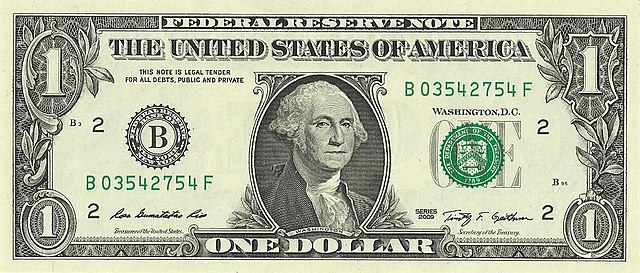
Furthermore, and of economic and political significance, is that the BRICS nations have announced that they are working towards establishing an alternative reserve currency to the US dollar which many say has been weaponised by the United States. The proposed reserve currency will be based on a basket of the currencies of the five members as constitute the bloc today, perhaps adding others as more members join. The currency will rival and reduce dependency on the American dollar, Euro as well as the International Monetary Fund’s Special Drawing Rights. But of course, setting up a new reserve currency on the required scale will not be an easy task. The economies of the five countries have vast differences and different levels of linkages with the United States. Some are closely linked by way of trade and others gravitate politically towards the West, yet still others are subject to varying degrees of unilateral US sanctions. That being the case, some members are more vulnerable to US sanctions than others, and establishing a common currency, means that the group risks accepting the contagion effect of secondary sanctions and all these problems need to be worked through. This is one reason why the common currency may become onerous to implement. That being said, the perpetuation of a supremely powerful US dollar seems all but impossible as alliances against US dominance emerge and consolidate. These will certainly be captivating developments to follow, within ASEAN, BRICS and maybe someday in Africa.
But of course, the US and its allies are not folding their arms and just watching all these developments unfolding. They would obviously be preparing and executing strategies to halt and perhaps reverse the spread of Chinese and Russian influence in Africa and elsewhere around the globe. Their most trusted strategy, it seems, is securing regime changes paving the way for the installation of more Western aligned governments in countries of interest. We have seen this played out, so far without success, in Cuba and in Venezuela. Opposition figures who appear to court the sympathy of the West are seen in Nigeria, Uganda, Venezuela and Zimbabwe. It remains to be seen if these opposition politicians will gain power in their respective countries but, we have seen one such Western leaning candidate democratically take over power in Zambia. With elections expected this year in Liberia, Sierra Leone, Nigeria and Zimbabwe, more intrigue and analyses will follow as the stories unfold.
What do you think about ASEAN and BRICS? Will they achieve de-dollarisation or is it just a pipe dream? Will the counter strategies of the West halt the spread of Chinese and Russian influence around the world? Will US sanctions lose their efficacy if alternative reserve currencies come into play? Please share your thoughts in the comments section.

